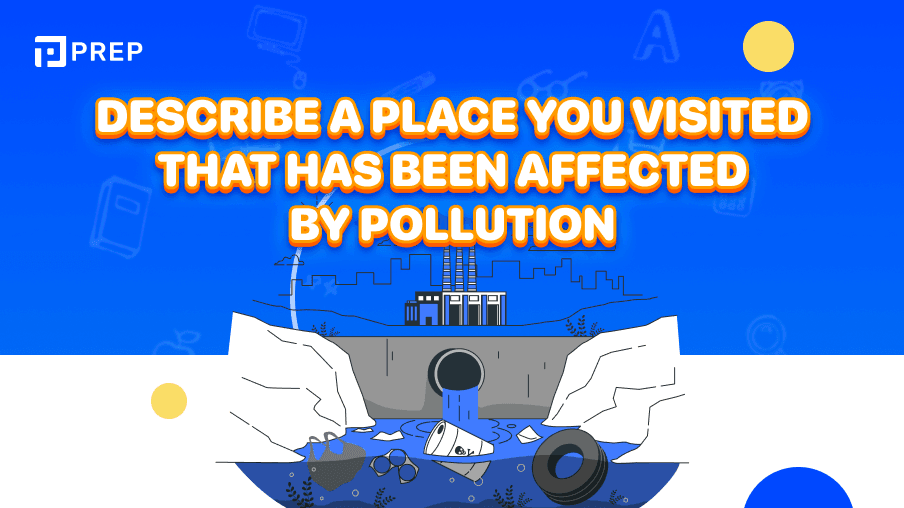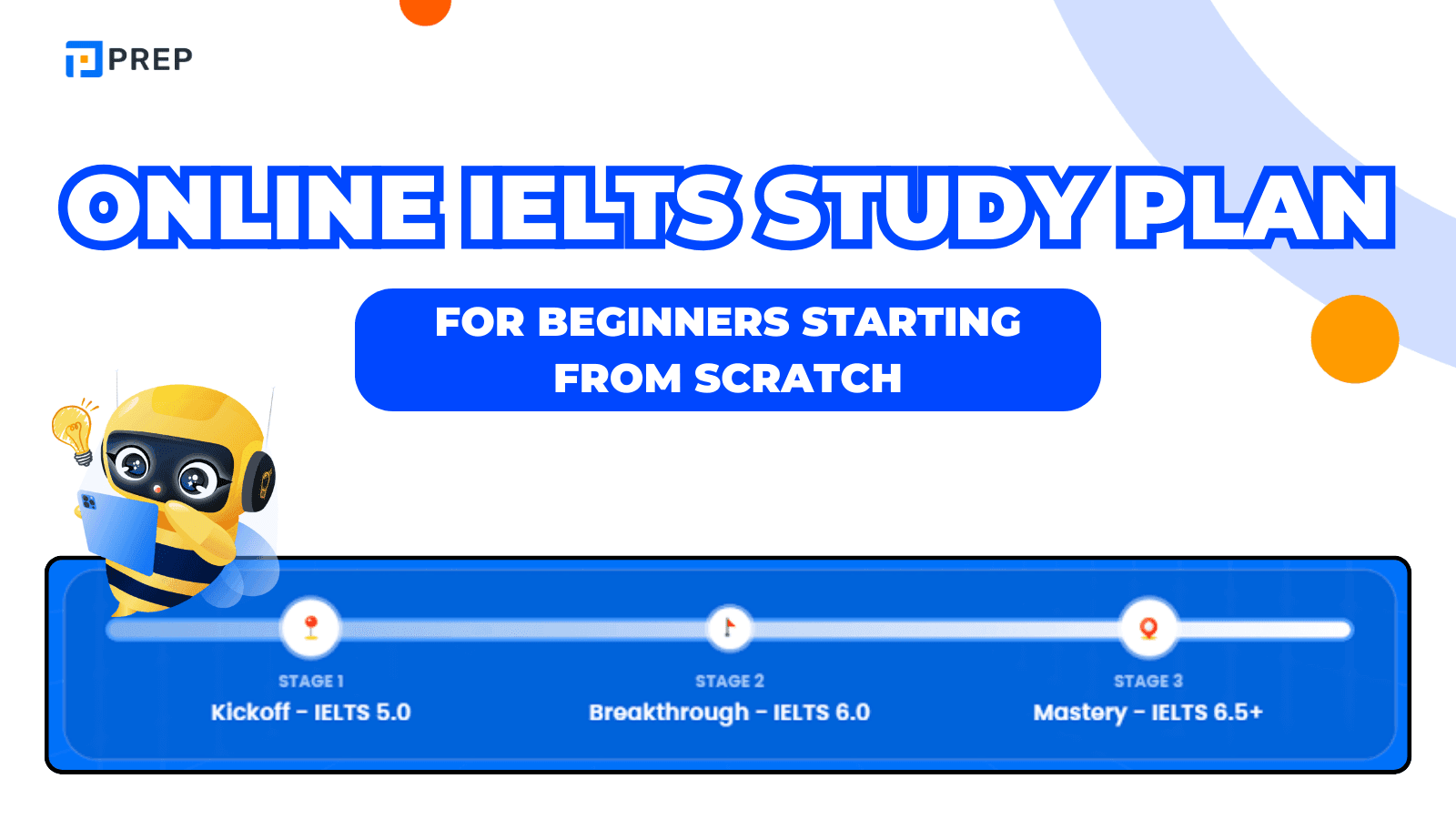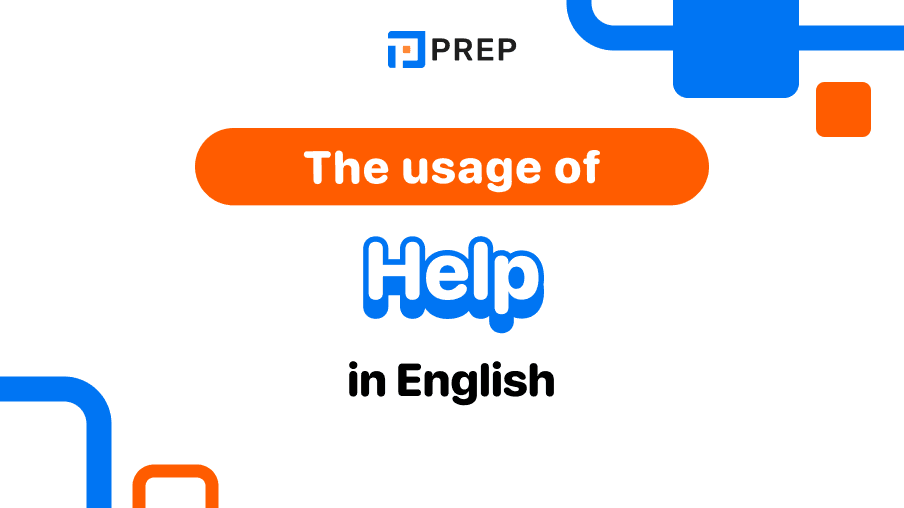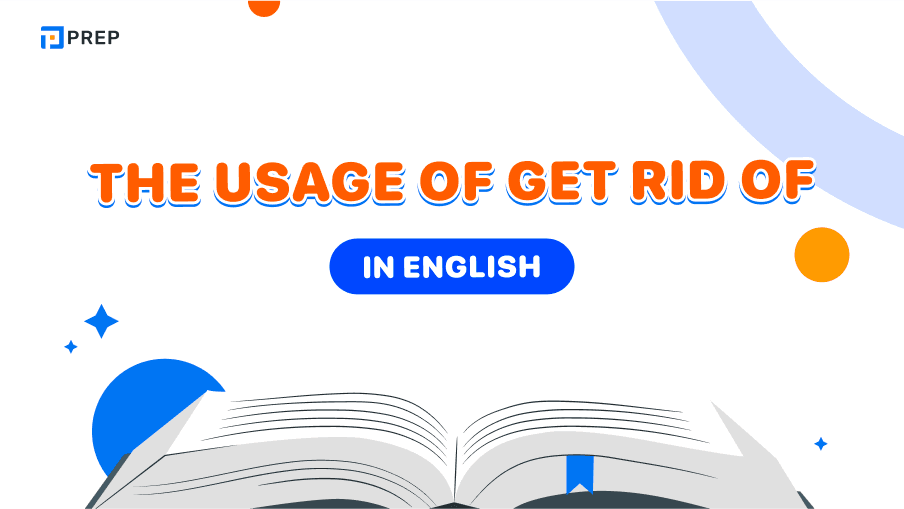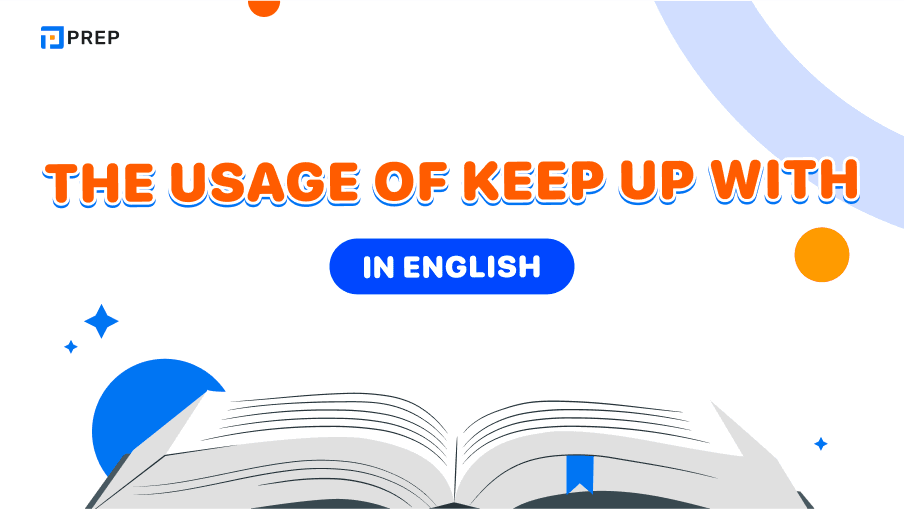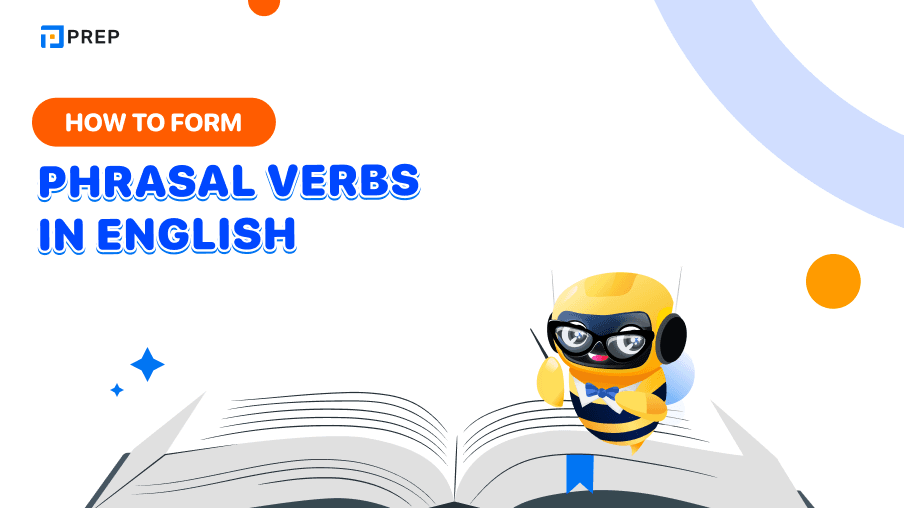Search blog
How to write a Discussion essay IELTS Writing Task 2
The Discussion essay is one of the common types in the IELTS Writing Task 2. This type of essay requires candidates to discuss both sides of a given issue, rather than expressing a one-sided opinion. So how can you effectively complete a Discussion essay IELTS Writing Task 2? Let's read the following article by PREP to enhance your writing skills!

I. Overview of the Discussion essay IELTS Writing Task 2
1. What is the Discussion essay IELTS Writing Task 2?
A Discussion essay IELTS Writing Task 2 presents two contrasting issues/viewpoints and requires the writer to discuss both of them.

For example: “Some people think that governments should give financial support to artists, musicians, and poets. Others think that it is a waste of money. Discuss both views and give your opinion.”
With the Discussion essay IELTS Writing Task 2, you are required to address both sides, delving deeper into the analysis of each issue in separate body paragraphs. Additionally, the prompt may ask for your personal opinion, whether you lean towards one side after the analysis. However, you still need to ensure that you analyze both sides of the issue in two equally developed body paragraphs and conclude with your own opinion at the end of the essay.
2. Recognizing the Discussion essay IELTS Writing Task 2
Signs of recognition: The questions often appear at the end of the prompt for this essay format:
- Discuss both points of view and give your opinion.
- Discuss both views and give your opinion.
II. Structure of writing a Discussion essay IELTS Writing Task 2
1. Introduction
- General Statement: paraphrase the essay question
- Thesis statement: answer the essay question by introducing two perspectives and stating personal opinion: which perspective is stronger?
2. Body Paragraph 1
- Topic Sentence: restate perspective 1 by paraphrasing the thesis statement
- Supporting Ideas: develop the ideas
3. Body Paragraph 2 (if perspective 2 is stronger)
- Topic Sentence: reiterate that perspective 2 is more important by paraphrasing the thesis statement
- Supporting Ideas: develop the ideas
4. Conclusion
- Restatement of the answer: restate the thesis statement and personal opinion
- Recommendation: provide a suggestion on which perspective to follow?
III. Some samples of Discussion essay IELTS Writing Task 2
1. Discussion essay IELTS Writing Task 2 prompt
1.1. Prompt
“Some people think that environmental problems are too big for individuals to solve. Others believe individuals can also do some things to solve these problems. Discuss both views and give your own opinion.”

1.2. Sample ideas/opinion essays
Big problems:
- Seawater pollution, caused by the activities of large companies (e.g. Formosa, a Taiwanese steel company, dumping untreated chemical waste into the sea in the middle of Vietnam) ➪ should be solved by the government (not individuals)
- Global warming, which happens on a global scale ➪ should be solved by the international community (not individuals)
Small problems:
- (1) Switch from cars and motorbikes to public transport ➪ (2) reduce the amount of traffic emissions ➪ (3) mitigate air pollution
- (1) Recycle waste materials ➪ (2) reduce the amount of waste which is buried underground in landfill sites ➪ (3) alleviate soil pollution
2. Discussion essay IELTS Writing Task 2 prompt about zoo
2.1. Prompt
“Some people say that zoos have no useful purpose. Others believe that zoos are beneficial in many ways. Discuss and give your opinion.”

2.2. Sample of Discussion essay IELTS Writing Task 2
A diversity of animal species from leopards and eagles to lizards have been captured and kept in zoos across the globe for centuries. This practice is sometimes considered to be one that violates animal rights and causes these animals to lose their instincts. Despite these drawbacks, zoos are still beneficial, as they provide humans with a great place to learn about animals, and endangered animals with a great shelter.
Zoos, according to some, are valueless. There is a common belief that the act of caging an animal is already an infringement of animal rights. The matter can be even worse when some caged animals are bullied, mistreated and exploited when they are forced to perform in shows aimed at attracting visitors. Zoologists may also argue that these creatures may lose their natural instincts during the course of being captive, and they can be as a result incapable of returning to the wild in the future. A tiger, for example, may lose its hunting nature when it is fed on a daily basis.
However, there is compelling evidence that zoological gardens are invaluable not only for humans but also for the animals themselves. For young children and biology students, these venues can provide a resourceful learning environment, where both an understanding of and love for nature may easily evolve as physical contact with animals is possible. As a result, even the faunae from the furthest habitats such as penguins from the South Pole can be learnt about and appreciated. In addition to this, zoos have long offered to thousands of endangered species a home where they could thrive and breed their offspring. This has proved crucial as over-hunting, deforestation and climate change have threatened to destroy the natural habitats of some wild animals.
In conclusion, zoos are places where people learn about and develop their love for animals and where endangered species are nurtured and protected. These advantages outweigh the disadvantages, such as the chance that animals are exploited and bullied, or the possibility that they gradually lose their instincts. All these disadvantages can be lessened if more is invested in zoos to turn them into a better living space for animals.
In this article, PREP has introduced some important points to consider in analyzing the essay prompt and the process of writing a Discussion essay IELTS Writing Task 2. The articles provided apply the Guided Discovery learning method. If you are interested in this writing approach, please refer to the IELTS preparation course on prepedu.com.

Comment
Search blog
Most read
Register for a learning roadmap consultation
Please leave your information, and Prep will contact you for consultation right away!

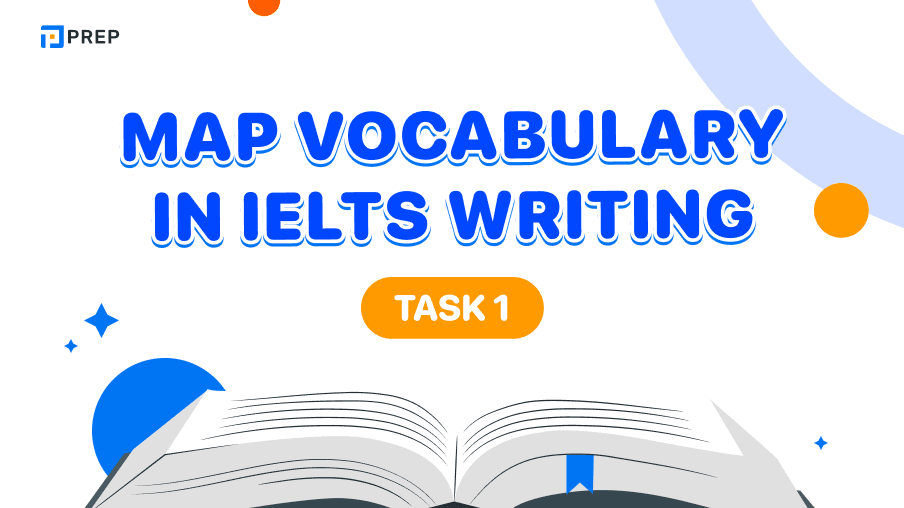
![[SAMPLE SPEAKING] IELTS Speaking Part 1: Advertisement](https://cms-static-assets.prepcdn.com/uploads/ielts_speaking_part_1_advertisement_0fed324a86.png)



